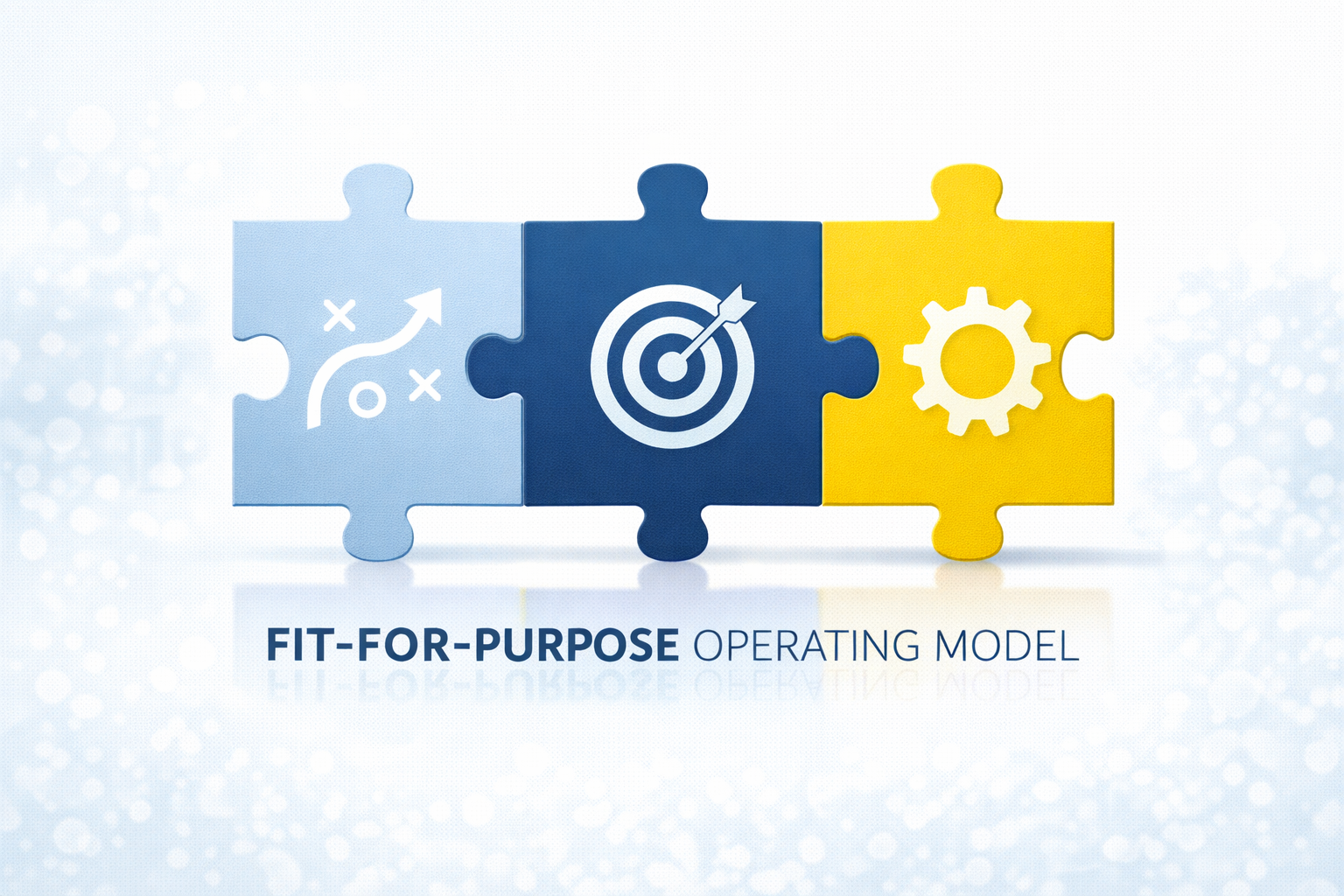
A side-effect of full-priced markets and the industrialisation of private equity is funds looking to upgrade and standardize their deal processes – the way they invest and manage portfolio assets over the life cycle. We see this trend every day across all segments of the market. Funds are developing toolkits and networks of preferred service providers for specific value creation levers – from deal sourcing through exit. In the struggle to differentiate and get a competitive edge, many are doing this in-house. However, even for the biggest players with 50+ companies, this is inefficient and re-inventing the wheel.
In this context, talent, leadership and organizational performance are increasing in relevance as other, simpler value creation levers are already priced in. The ability to get behind the well-rehearsed sales process and understand the true ability of the target to execute is becoming more important as entry multiples grow beyond 10-12x. Understanding organizational readiness is important to anticipate where implementation could stumble or be delayed. It’s no surprise that deal-teams are looking for tools and methods to assess and mitigate organizational risks early-on.
However, it’s a mistake to think there are simple approaches to assess organizations, like there are for pricing and procurement value creation levers. The unique problem with organizations is that there are too many diverse drivers of performance, any one of which can derail the implementation of the best plan. The challenge is that the organization is only as good as its weakest link, and that link could be leadership, org structure, the quality of management processes, culture, competencies, clarity of vision and even systems needed to facilitate efficient collaboration. And, key drivers are context-dependent based on industry and the value creation plan – yet another layer of complexity. Picking the specific organizational levers that make the difference in each case is a new challenge that can’t be mastered with just “10 org questions”.
The right approach is a structured, data-driven methodology that goes both broad, to quickly scan all levers of org performance, and then deep to resolve areas of specific weakness. Rather than strive for best-practice everywhere, identifying and resolving just the highest priority issues in the organization is the right entrepreneurial approach.
Just because it is complex, it doesn’t mean that assessing organizational readiness should be over-simplified or avoided altogether. Humatica’s proven methods, tools and databases have been successfully used by hundreds of buyouts for over 15 years to build organizations that deliver alpha. They have helped countless portfolio company leaders identify and resolve organizational bottlenecks to deliver the full potential plan on time.
This article was originally published as the Humatica Corner in Real Deals magazine. You can access the PDF version here.

Private equity investors and executive teams rightly focus on operating model design as a core lever for value creation. The right structure can accelerate growth,…
Read more
In many organizations, strategy promises growth, efficiency, and innovation—but day-to-day execution tells a different story. Decisions drag. Silos persist. Accountability blurs. Leaders work harder without…
Read more
In today’s private equity landscape, the classic levers of value creation are no longer enough. As markets evolve and competition intensifies, governance is emerging…
Read moreErhalten Sie jeden Monat Neuigkeiten und wertvolle Perspektiven zu Themen der organisatorischen Effektivität